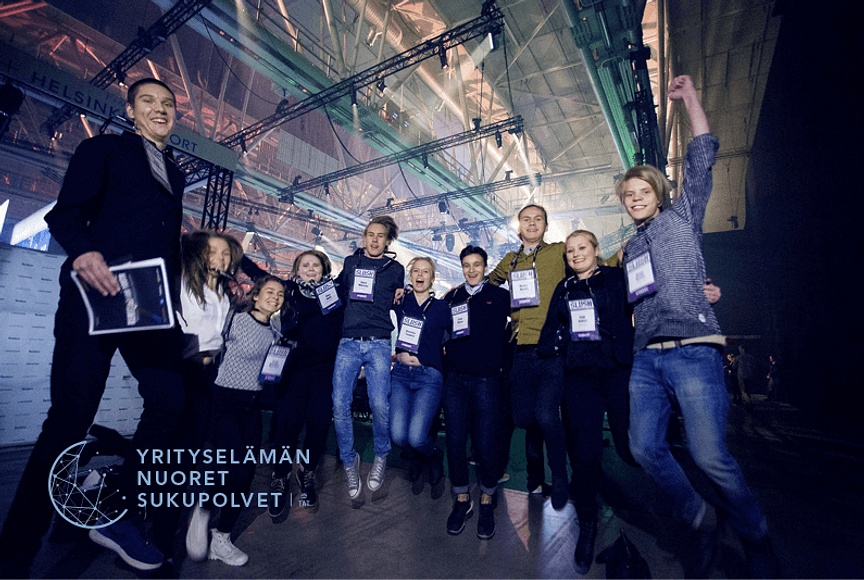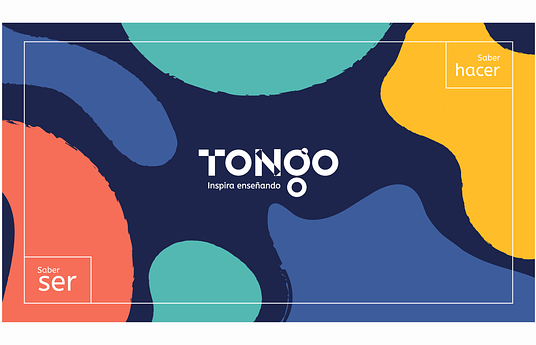A significant number of young people will consider setting up a business soon after graduation, but the education system does not currently provide necessary skills. International school success does not translate into business world success by itself. Connecting secondary education to the labor market will benefit both students and society.
The Young Business Generations Business Courses provide entrepreneurial skills relevant to working life by combining up-to-date pedagogy, content created by experts and an innovative digital learning platform.
Courses take advantage of real life business content delivered by partner companies, and are modified for teaching purposes. The courses enhance knowledge on economic structures and provide relevant skills for working life.
There are four courses:
1. Sales, Marketing and Commercialization:, commercialization, managing your finances, the importance of marketing, sales conditions
2. Communication and negotiation skills: the conditions and importance of constructive communication in business; the stages, goals and techniques of negotiation and different ways of communicating
3. Global market economy: international trade, challenges and opportunities of globalization, megatrends in the economy, importance and implementation of responsible business
4. Economy, Finances and Entrepreneurship: running a profitable business, understanding entrepreneurship, accounting and financing
Online courses are completed partly under teacher supervision, partly remotely. Courses are available in Finnish, Swedish and English.
The engaging learning model, developed by the professor Kirsti Lonka of the University of Helsinki, has been selected as the pedagogical approach to the courses. It is one way of implementing phenomenon based learning, which has been scientifically proven to be one of the best ways to learn.
The engaging learning model emphasizes the steps of an activating and interactive learning process:
- Activation and attracting interest
- Collaborative information building
- Summary
- Reflection
The key to engaging learning is experiencing the meaningfulness of learning and interest that together lead to internal motivation and discovery.
The experiences from the courses have been positive: 91% of the students participating in the courses would recommend them to their friends. The courses have been in use in over 40 high schools in Finland and abroad.








